As budget season approaches, selecting the right Revenue Management System (RMS) is one of the most critical decisions a hotelier can make. Whether you manage an independent hotel, an urban property, or oversee multiple hotels, a well-suited RMS can optimize pricing strategies, enhance profitability, and simplify your operational processes.
The key to making the right choice lies in aligning your hotel’s specific needs with the RMS’s capabilities. Here are some essential factors to consider alongside the unique requirements of different types of hotels.
Key Factors to Consider When Evaluating an RMS
Below, you will find four factors to consider when evaluating a revenue management system.
- Automation and Ease of Use: A good RMS should streamline processes, not complicate them. Look for a system that offers automation, freeing your staff from manual data entry and constant monitoring. It should provide real-time price optimization, enabling you to make quick adjustments without requiring extensive revenue management expertise. The system should be intuitive and easy to navigate for users across various departments.
- Real-Time Dynamic Pricing: The hospitality industry is ever-changing, and an RMS should keep pace with the market. A robust system will offer real-time data analysis and pricing updates, ensuring your rates are always optimized for current demand. This is particularly important in dynamic markets where demand can fluctuate quickly, and having the ability to respond instantly can make a big difference in revenue performance.
- Centralized Control Across Multiple Properties: For hotel groups or chains, centralized control is essential. The ability to manage pricing strategies for multiple properties from a single platform ensures consistency across your portfolio. At the same time, the system should offer flexibility, allowing for customization to account for different market conditions at individual properties.
- Scalability and Flexibility: Your RMS should grow with your business. Whether you’re running a single property or managing multiple hotels, the system should be able to scale to your needs. Look for a platform that provides flexibility, allowing you to tailor pricing strategies to your hotel’s size, location, and market demands.
Evaluating an RMS Based on Hotel Type and Market Dynamics
Below are tips for considering a revenue management system based on hotel type and market dynamics.
1. Independent Hotels
Small to mid-sized independent hotels typically look for a system that is easy to use and doesn’t require a dedicated revenue management team. An automated RMS that optimizes pricing without minimal manual intervention is ideal. The platform should empower owners, general managers, or even front office staff to manage revenue strategies without needing extensive technical knowledge. A user-friendly, intuitive system allows independent hotels to stay competitive and increase profitability while focusing on other priorities.
Typical user: Owner, GM or Front Office Staff.
2. Urban City Hotels
Hotels located in cities face highly competitive and dynamic markets, where demand can change rapidly. A sophisticated RMS is crucial in such environments, offering real-time pricing tools that adjust instantly to fluctuations in demand. The ability to analyze market trends and implement pricing adjustments in real-time ensures that urban hotels can capitalize on high-demand periods and maintain competitive pricing during slower periods. An RMS should provide data-driven insights that guide decision-making for general managers and revenue managers in these fast-paced environments.
Typical user: GM, RM or Front Office Manager.
3. Small and Midsized Hotel Groups
For hotel groups managing multiple properties, centralized control is vital. An RMS that allows for streamlined pricing strategies across the entire portfolio, while also providing the flexibility to adjust rates for individual properties, is a key requirement. This enables consistency in revenue management practices while adapting to the unique market conditions at each property. A system that offers a centralized dashboard with detailed analytics and the ability to customize per location will be especially valuable for revenue managers overseeing multiple properties.
Typical User: RM, Cluster Revenue Manager.
4. Hotel Management Companies
Hotel management companies overseeing multiple properties need an RMS that offers seamless integration across their portfolio. Automation is critical here, enabling revenue managers to manage multiple hotels efficiently. The system should enhance portfolio performance by optimizing pricing strategies based on each property’s unique market conditions. A centralized platform that provides in-depth data analysis and performance tracking across the portfolio allows for better decision-making, leading to increased revenue across all managed properties.
Typical User: RM, Cluster Revenue Manager.
Selecting the Right RMS: Aligning Features with Hotel Needs for Success
Choosing the right RMS is not just about selecting software; it’s about selecting a solution that aligns with your hotel’s specific operational needs and revenue goals. Different hotel types require different features from an RMS, from small independent hotels to large management companies. Look for a system that offers real-time dynamic pricing, centralized control, scalability, and ease of use to ensure that your investment increases profitability and a more efficient revenue management process. As you plan for next year’s budget, ensure your RMS will support your hotel’s growth and financial success.
Free Hotel Technology Quiz: Discover Your Hotel’s Technology Level!
Take the quiz now to discover where your hotel stands on the technology spectrum, learn how to build a tech stack that supports your long-term success, and gain valuable insights on enhancing your hotel’s operations with the right technology.
Click here to take the “Hotel Technology Quiz” and discover your hotel’s technology level!
More Tips to Grow Your Business
Revfine.com is the leading knowledge platform for the hospitality and travel industry. Professionals use our insights, strategies, and actionable tips to get inspired, optimize revenue, innovate processes, and improve customer experience.Explore expert advice on management, marketing, revenue management, operations, software, and technology in our dedicated Hotel, Hospitality, and Travel & Tourism categories.

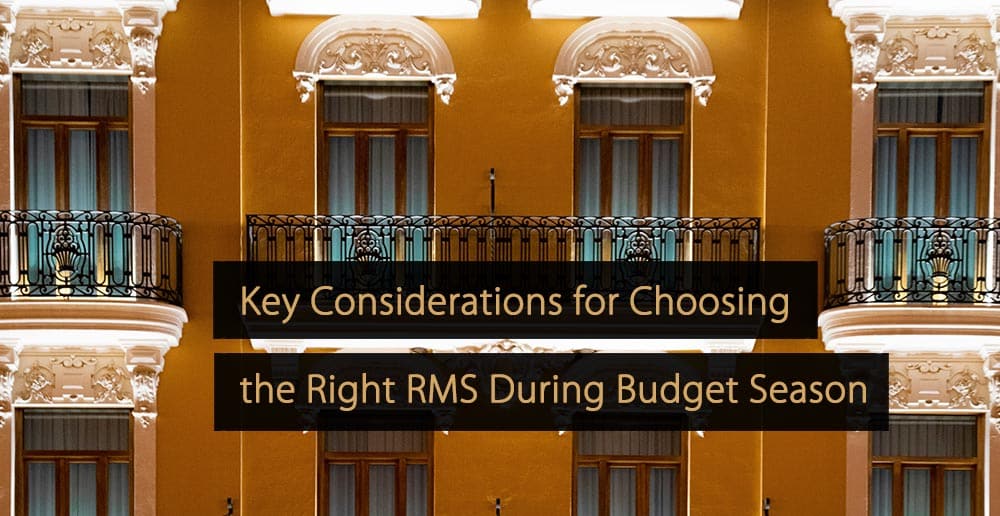
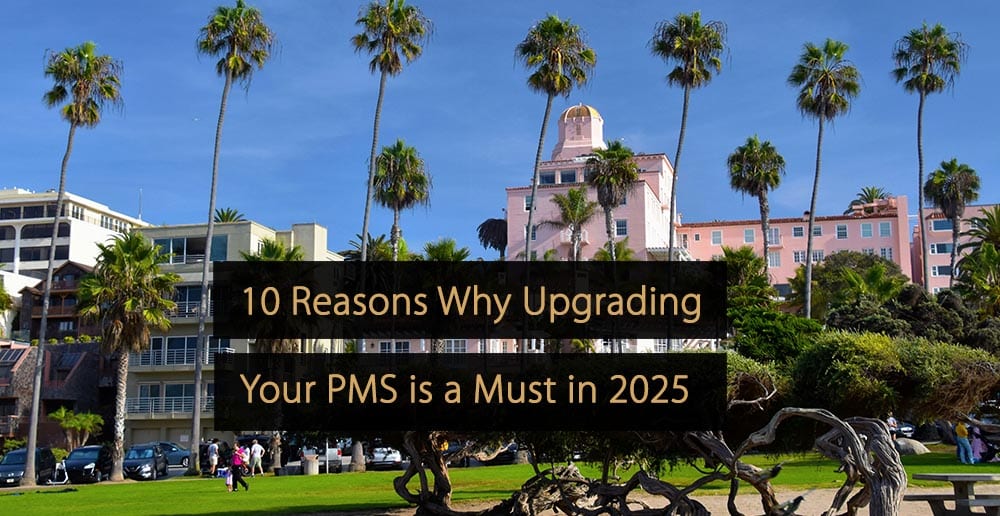
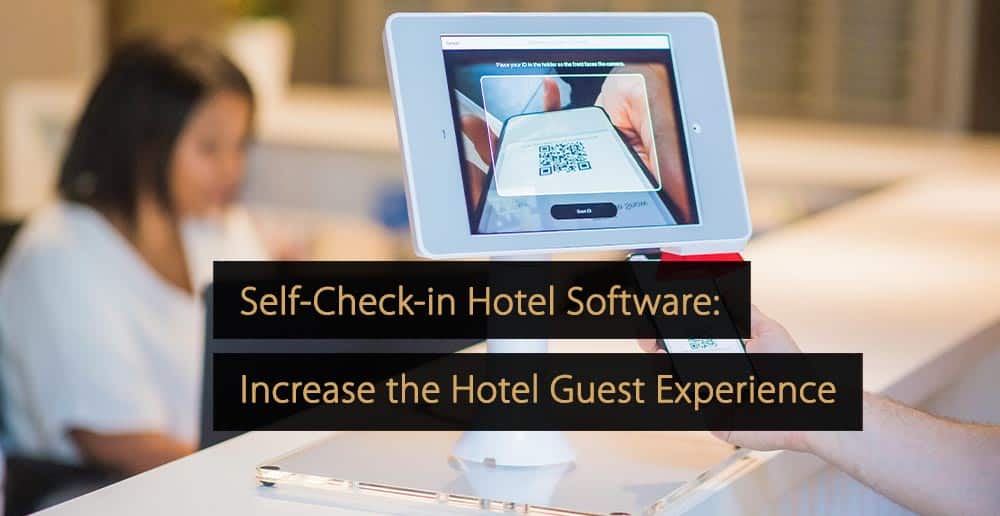
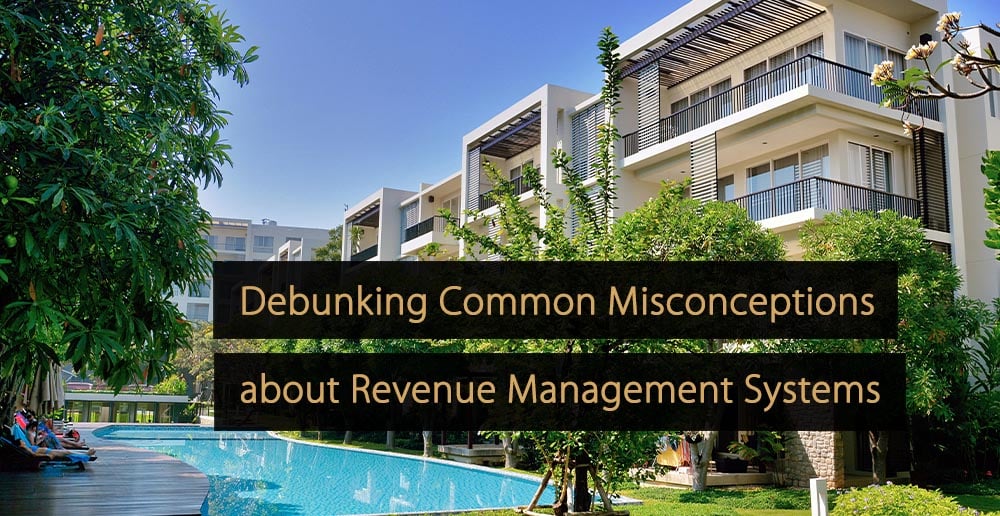
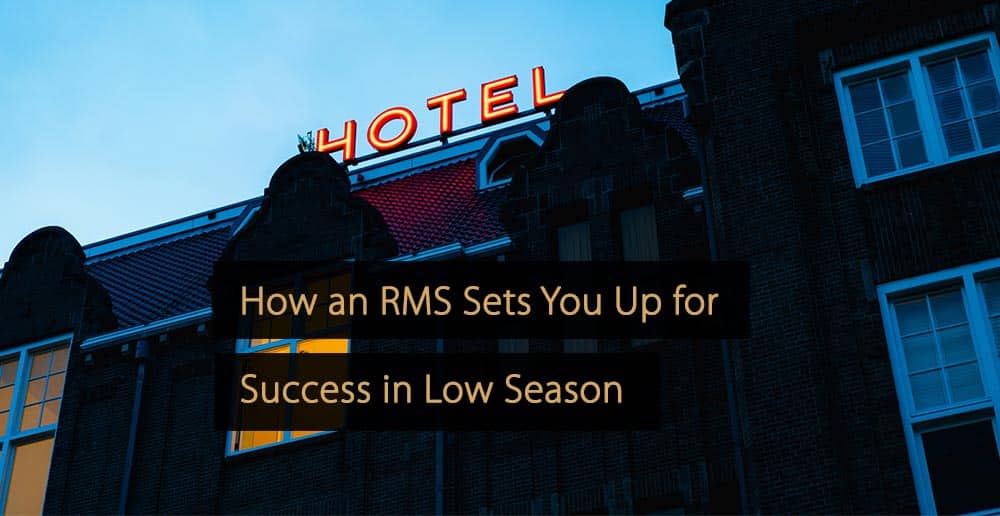


Leave A Comment